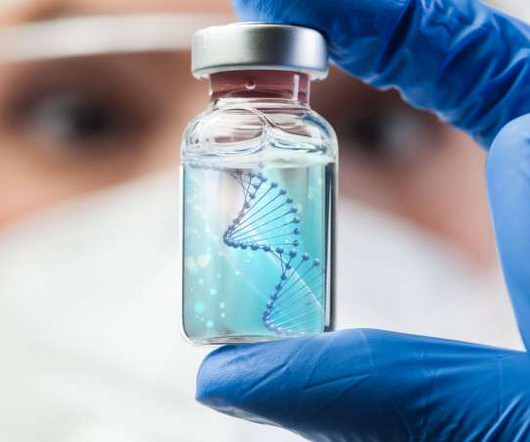Epigenetic Editing with CRISPR Might Be Easier Than We Thought
XTalks
MAY 4, 2021
These modifications regulate gene expression without changing the sequence or structure of DNA. The epigenome plays a key role in many diseases such as heart disease, viral infections and cancer, and the new CRISPRoff technology could lead to powerful epigenetic therapies. pyogenes dCas9.











Let's personalize your content